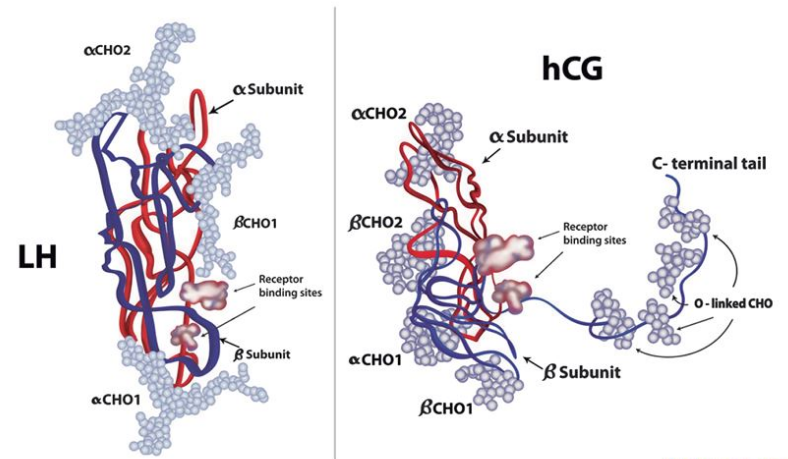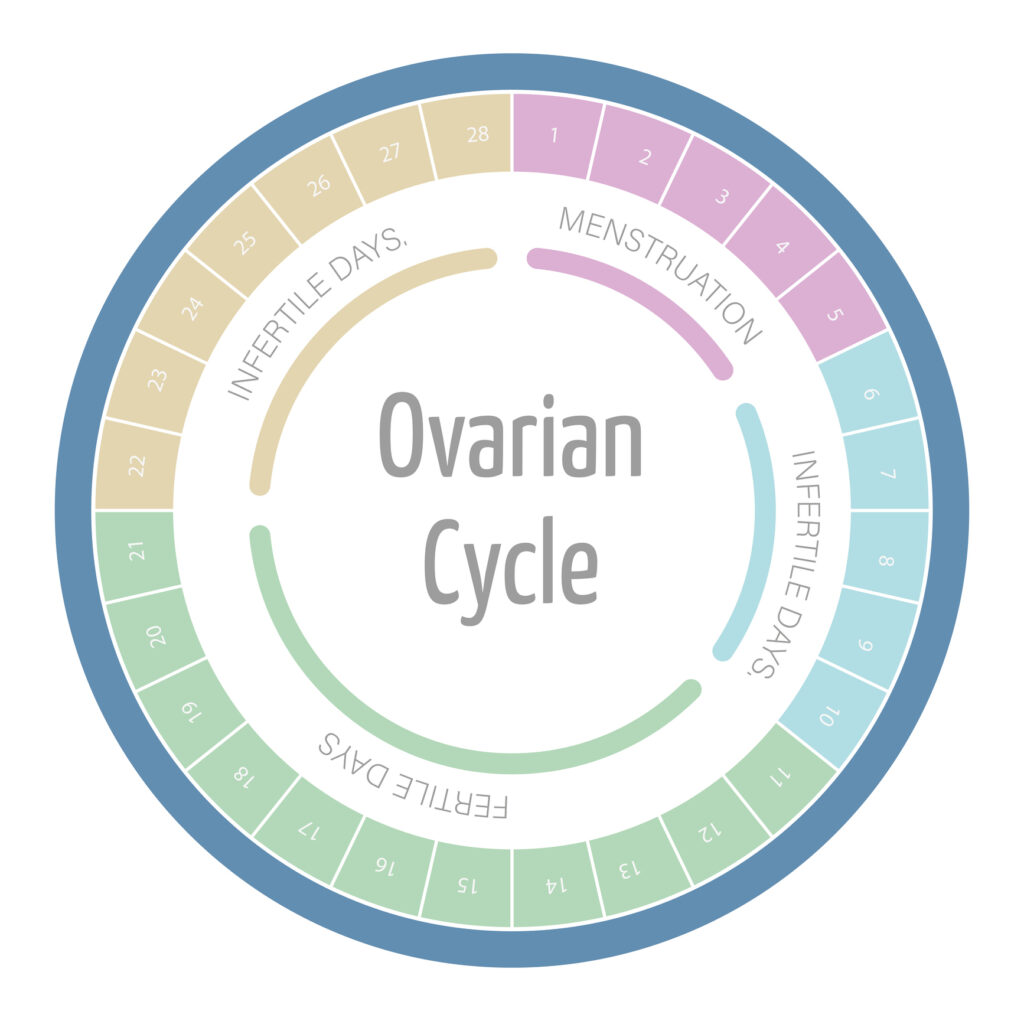Discover the potential advantages and drawbacks of using Follistim as a fertility treatment for women.
The Benefits and Side Effects of Using Follistim to Get Pregnant in Women
Fertility treatments have come a long way in recent years, offering new hope to couples struggling to conceive. One such treatment is Follistim (Follitropin beta), a medication that can help stimulate the ovaries and increase the chances of pregnancy. However, as with any medication, it is important to understand both the benefits and potential side effects before deciding whether to use it as part of your fertility journey.
Understanding Follistim: An Overview

What is Follistim?
Follistim is a form of follicle-stimulating hormone (FSH), which plays a key role in the female reproductive system. It is typically used in women who are undergoing fertility treatments, such as in vitro fertilization (IVF) or intrauterine insemination (IUI).
When a woman’s body is not producing enough FSH on its own, it can help the development of ovarian follicles. These contain the eggs. This hormone is crucial for the growth and maturation of eggs in the ovaries. This ultimately aids in the process of ovulation.
How Does Follistim Work?
Follitropin beta works by stimulating the ovaries to produce multiple eggs. By increasing the number of eggs available for fertilization, it enhances the chances of conception. It is administered through subcutaneous injections, allowing for precise dosing and control.
During a fertility treatment cycle, it is typically started on the second or third day of the menstrual cycle and continued for about 7 to 12 days. The dosage may vary depending on the individual’s response, which is monitored through blood tests and ultrasound examinations. This personalized approach helps fertility specialists adjust the treatment to optimize the chances of successful egg retrieval and fertilization.
The Role of Follistim in Fertility Treatments
Follistim and Ovulation Stimulation
Ovulation stimulation is often a crucial part of fertility treatments, especially for women who have irregular or absent menstrual cycles. Follistim, a recombinant follicle-stimulating hormone (FSH), plays a key role in this process. By mimicking the natural FSH produced by the pituitary gland, it helps to regulate the follicular development and stimulate ovulation. This increases the chances of successful fertilization. This medication is administered through subcutaneous injections and requires careful monitoring to adjust the dosage based on individual response.
It’s important to note that Follitropin beta should only be used under the supervision of a fertility specialist, as improper dosing or administration can lead to complications such as ovarian hyperstimulation syndrome (OHSS). This condition, characterized by enlarged ovaries and fluid retention, can be painful and potentially dangerous if not managed promptly.
Follistim in Assisted Reproductive Technologies
In assisted reproductive technologies, such as in vitro fertilization (IVF), Follitropin beta is a valuable tool for controlled ovarian hyperstimulation. By stimulating the growth of multiple follicles, each containing an egg, it increases the likelihood of retrieving mature eggs for fertilization. This precise control over follicular development is essential for optimizing the chances of a successful pregnancy.
Furthermore, it can be used in conjunction with other fertility medications, such as human chorionic gonadotropin (hCG), to trigger the final maturation of the eggs before they are collected for fertilization. This coordinated approach helps to synchronize the ovulation process and improve the timing of egg retrieval procedures. The combination of Follitropin beta with hCG ensures that the eggs are at the ideal stage of development for fertilization, enhancing the overall success rates of IVF cycles.
The Benefits of Using Follistim for Pregnancy
Increased Chances of Conception
One of the primary benefits of using Follitropin beta is the increased chances of conceiving a healthy pregnancy. By stimulating the ovaries to produce multiple eggs, it improves the odds of successful fertilization and pregnancy.
Furthermore, the increased number of eggs produced can also be beneficial for individuals who may have underlying fertility issues, as it provides more opportunities for successful fertilization to occur, increasing the likelihood of a positive outcome.
Control Over Timing
Using Follitropin beta gives women greater control over the timing of their fertility treatment. It allows for precise control over when ovulation occurs, making it easier to plan for procedures such as IUI or IVF.
This level of control can be particularly advantageous for individuals with busy schedules or those who need to coordinate treatment with their partner’s availability. This ensures that the timing of fertility procedures aligns perfectly with their personal circumstances and preferences.
Potential Side Effects of Follistim
Common Side Effects
While Follitropin beta is generally well-tolerated, some women may experience common side effects, such as bloating, breast tenderness, or mild abdominal discomfort. These side effects are usually temporary and typically resolve on their own.
It is important to note that every individual may react differently to Follitropin beta. While these common side effects are frequently reported, not everyone will experience them. Some women may have no noticeable side effects at all. Others may have a combination of these symptoms to varying degrees of severity. Monitoring your body’s response to the medication and communicating any concerns with your healthcare provider can help manage these common side effects effectively.
Serious Side Effects
While rare, Follitropin beta can also cause more serious side effects. These include severe allergic reactions, ovarian hyperstimulation syndrome (OHSS), and ectopic pregnancy. It is important to discuss these risks with your healthcare provider before starting treatment.
Severe allergic reactions are extremely rare but can manifest as hives, swelling of the face or throat, difficulty breathing, and dizziness. If you experience any of these symptoms after medication, seek immediate medical attention. Ovarian hyperstimulation syndrome (OHSS) is a potentially serious condition characterized by enlarged ovaries and fluid retention in the abdomen. Symptoms of OHSS can range from mild bloating and nausea to more severe complications such as shortness of breath and rapid weight gain. Monitoring for these symptoms during treatment is crucial to prevent any potential complications.
Weighing the Pros and Cons of Follistim Use
Factors to Consider Before Using Follistim
Before deciding to use Follitropin beta, there are several factors to consider. These include your specific fertility diagnosis, your age, your overall health, and your personal preferences. It is crucial to have an open and honest discussion with your healthcare provider to determine if it is the right choice for you.
Another important factor to consider is the financial aspect of using Follitropin beta. Fertility treatments can be costly, and it’s essential to understand the potential expenses involved in using this medication. Some insurance plans may cover part of the cost, while others may not, so it’s important to factor in the financial implications when making your decision.
Discussing Follistim with Your Healthcare Provider
Your healthcare provider is your best resource when it comes to understanding the benefits and potential side effects. They can provide personalized guidance based on your unique situation and help you make an informed decision about your fertility treatment.
It’s also important to discuss any concerns or questions you may have with your health care professional. They can address any uncertainties you have and provide additional information to help you feel more confident in your decision. Open communication with your healthcare provider is key to ensuring that you are comfortable and well-informed throughout your fertility treatment journey.


















